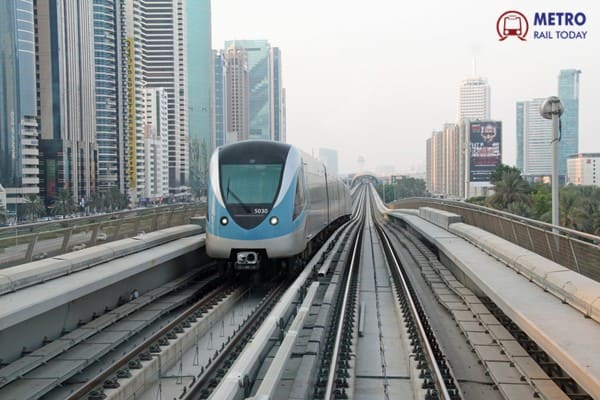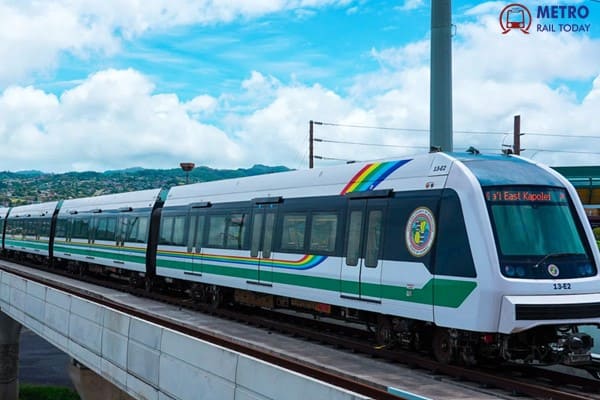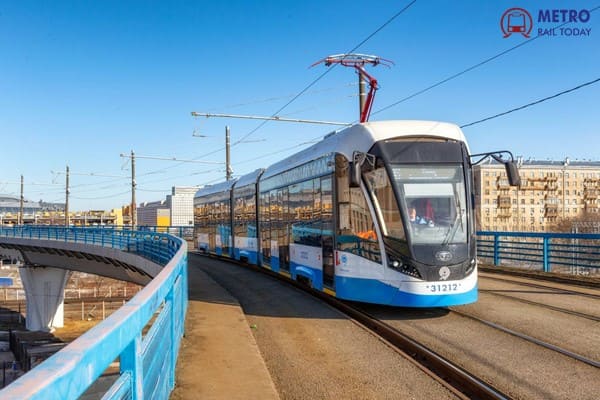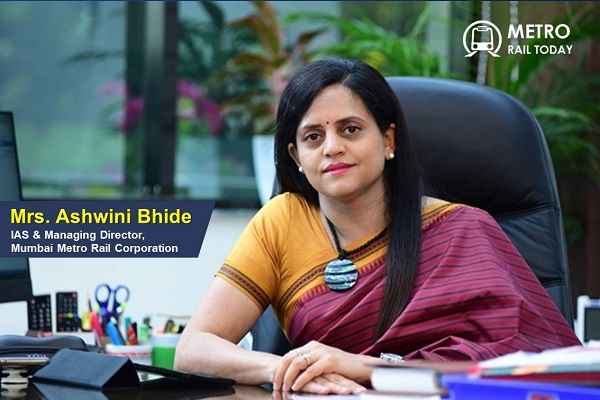 How Ashwini Bhide’s vision shaped Mumbai Metro Line 3 and redefined Urban Mobility?
How Ashwini Bhide’s vision shaped Mumbai Metro Line 3 and redefined Urban Mobility?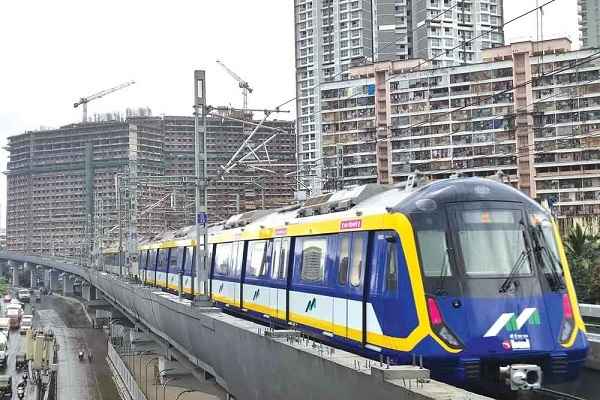 Titagarh Rail Systems Bags ₹2,481 Crore Rolling Stock Contract for Mumbai Metro Line 5
Titagarh Rail Systems Bags ₹2,481 Crore Rolling Stock Contract for Mumbai Metro Line 5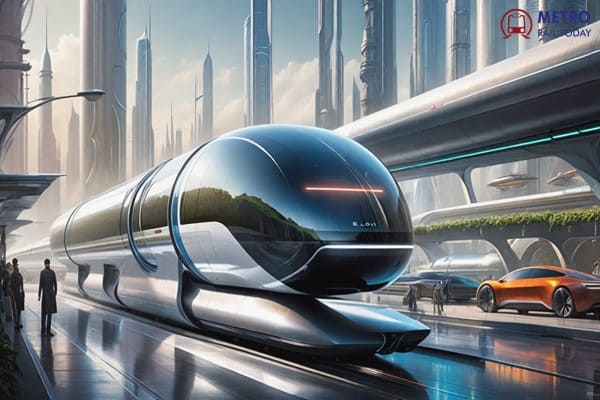 DP World, Deendayal Port and Nevomo join hands to Pilot Magnetic Rail Cargo Movement in India
DP World, Deendayal Port and Nevomo join hands to Pilot Magnetic Rail Cargo Movement in India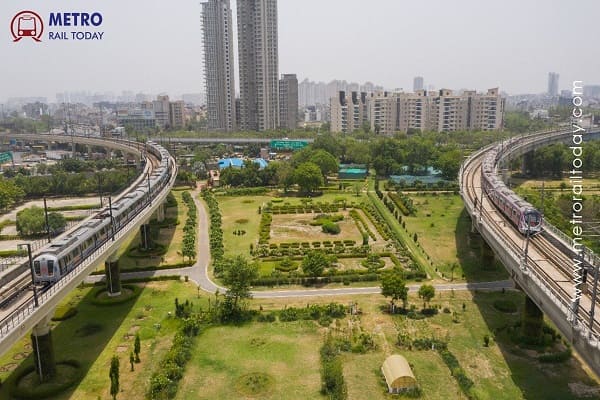 DMRC signs MoU with MapMyIndia to intergrate Delhi Metro Rail Network with Mappls App
DMRC signs MoU with MapMyIndia to intergrate Delhi Metro Rail Network with Mappls App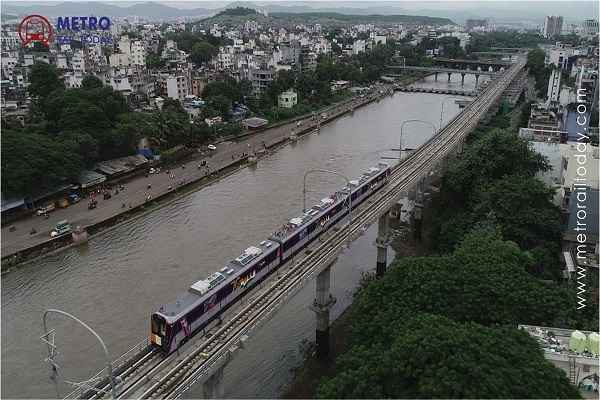 Maharashtra approves Tripartite MoU for Pune Metro Phase 2 Extensions
Maharashtra approves Tripartite MoU for Pune Metro Phase 2 Extensions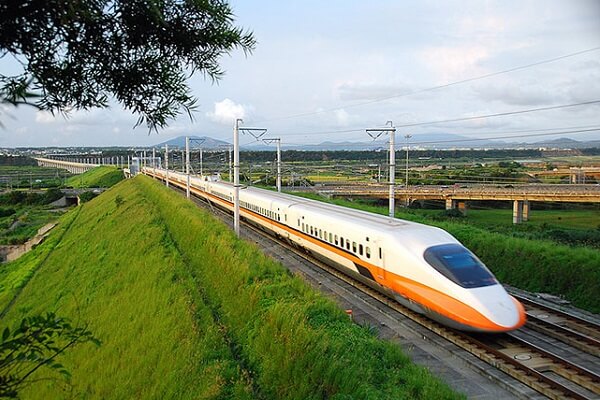 Andhra Pradesh proposes Bullet Train Link to connect Amaravati International Airport
Andhra Pradesh proposes Bullet Train Link to connect Amaravati International Airport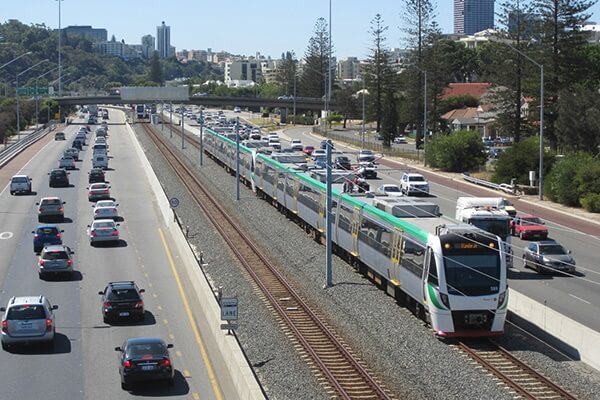 SYSTRA acquires BG&E to strengthen Engineering Expertise in Australia and beyond
SYSTRA acquires BG&E to strengthen Engineering Expertise in Australia and beyond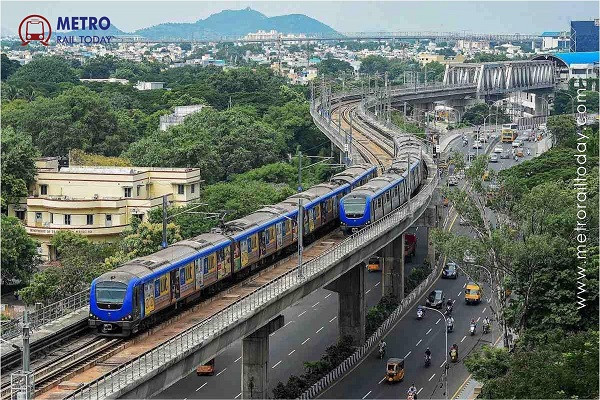 100% Precast work completed for viaduct of Chennai Metro Corridor 4
100% Precast work completed for viaduct of Chennai Metro Corridor 4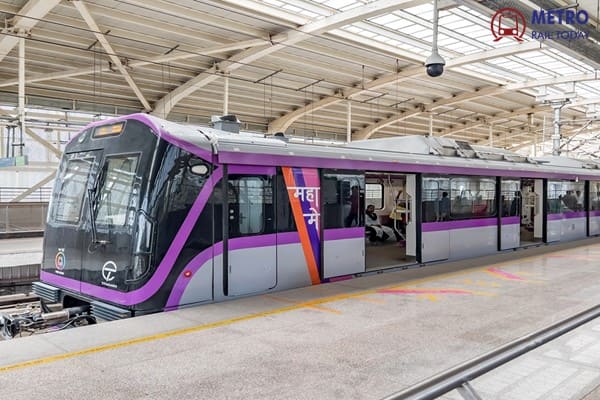 Adani Group bags ₹16.44 Billion Pune Metro Contract for Swargate–Katraj Underground Section
Adani Group bags ₹16.44 Billion Pune Metro Contract for Swargate–Katraj Underground Section MEMCO and United Trans join hands to strengthen Passenger Rail Solutions across Middle East
MEMCO and United Trans join hands to strengthen Passenger Rail Solutions across Middle East
Moscow Metro unveils Russia’s first Digital Stations to revolutionize urban commuting
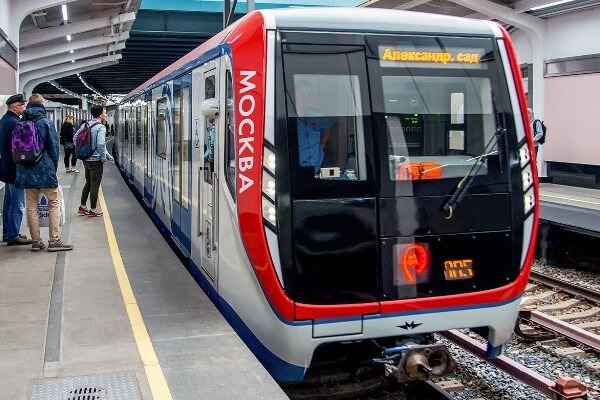
Moscow, Russia (Metro Rail Today): Moscow has launched Russia's first digital stations, marking a significant leap in urban transport technology. This innovative initiative aims to blend cutting-edge digital solutions with traditional metro services, enhancing the comfort and convenience of travel for commuters.
Pilot Locations and Key Features
The pioneering digital stations are being introduced at two pilot locations: Maryina Roscha on the Big Circle Line of the metro and Terminal No. 1 at the "Nizhegorodskaya" city railway station. These stations are set to showcase advanced features designed to transform urban mobility.
Key Features of the Digital Stations:
Digital Wayfinding:
Real-Time Updates: Stations will offer real-time updates through animated icons, text blocks, and pop-up inserts.
Touchscreen Signboards: These will provide interactive local area maps, metro schemes, station accessibility information, and details on city ground transport.
Interactive Information Stands: Frequent updates and additional announcements will be available through interactive stands.
Technological Innovations at Maryina Roscha:
Live Communication Kiosk: Featuring a 3D chatbot named Alexandra, this kiosk combines the functionalities of a chatbot and a human assistant, offering assistance and metro souvenirs to passengers.
Advanced Turnstiles: The new turnstile design boosts capacity by 30% with its compact build. It includes interactive lighting to indicate payment status and supports various payment methods, including biometrics. A built-in lighting system guides passengers for facial recognition payments.
Upgraded Ticket Vending Machines: These machines are equipped with bright, wide digital screens, operate faster, and include additional features like route planning and temporary freezing of passes.
Smart Ceiling Lights: These lights display the crowding levels of train carriages, helping passengers choose less crowded options by showing green indicators.
Projector System: Eleven mini-projectors in the escalator arch lighting will display useful information, including weather forecasts from Yandex.Weather.
Integrated Train Schedules: Digital stations will feature integrated schedules from the Moscow Central Circle (MCC) and Moscow Central Diameters (MCD), along with Russian Railways' route maps, for improved passenger information.
Future Prospects
Should the pilot digital stations prove successful, Moscow plans to replace up to 30% of all metro wayfinding signs with digital versions by 2030. This ambitious project is part of the Moscow Transport Development Program, which focuses on integrating innovations to enhance passenger comfort.
Moscow Mayor Sergey Sobyanin, who inaugurated the first digital transport facilities in Russia, highlighted the project's significance. "We have created these digital stations as part of our broader transport development program, aiming to incorporate innovations that improve passenger comfort. Russian designers, planners, and manufacturers have played a crucial role in developing these solutions," said Deputy Mayor for Transport Maksim Liksutov.
Passenger Engagement and Feedback
To ensure ongoing improvement, the digital systems at Maryina Roscha and Nizhegorodskaya stations will feature QR codes for passenger feedback. Over the next six months, commuters can use these codes to provide their input, which will be reviewed to evaluate the potential for expanding the project.
With this groundbreaking initiative, Moscow is poised to redefine urban commuting by making it more efficient, responsive, and user-friendly, leveraging the latest technological advancements in transport infrastructure.





